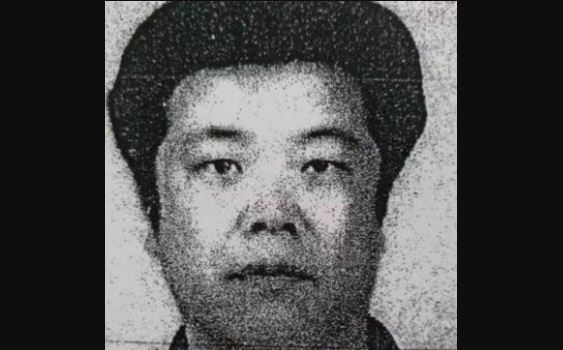
Cho Doo-soon. (MBC “True Story”) via The Korea Herald
SEOUL — The imminent release of a man convicted for the rape of a child in South Korea has re-ignited a debate over what to do with criminals who escape harsher punishment by using intoxication as an excuse and the lenient sentences given for sex crimes against minors.
Cho Doo-soon, who was 57 when he was convicted in 2009 of raping an 8-year-old girl so violently that she was left with permanent internal injuries, is set to be released from prison on Saturday to live in his old home in Ansan near Seoul.
The victim and her family moved a few weeks ago from their home which is about 1 km (half a mile) away, her father told Reuters.
Cho has served a 12-year sentence, commuted from 15 years for the fact he was drunk, leading to widespread anger.
Lawmakers have proposed a bill that makes the life sentence mandatory for child rapists but it has not calmed the public’s outrage and fear over the fact that Cho will be free to roam the city although he will be wearing a GPS device that tracks him.
A petition calling for Cho to be kept in prison for life has gathered 610,000 signatures and more than 110,000 have signed another petition demanding continued confinement.
“South Korean law is lenient on liquor, as they think alcohol is the least entitled pleasure for the working class,” said forensic psychologist Lee Soo-jung of Kyonggi University.
The public outcry comes amid calls for crackdowns on sexual violence against women and children, including a rash of hidden-camera crimes, “revenge porn,” and online networks that blackmail women and underage girls into sharing sexual and sometimes violent images of themselves.
A man convicted of running one of the world’s largest child pornography networks, for example, was only sentenced to a year and a half in prison.
However, last month, the leader of an online sexual blackmail ring was sentenced to 40 years in prison.